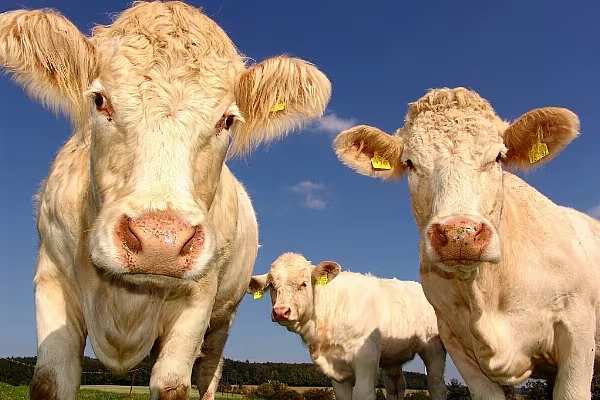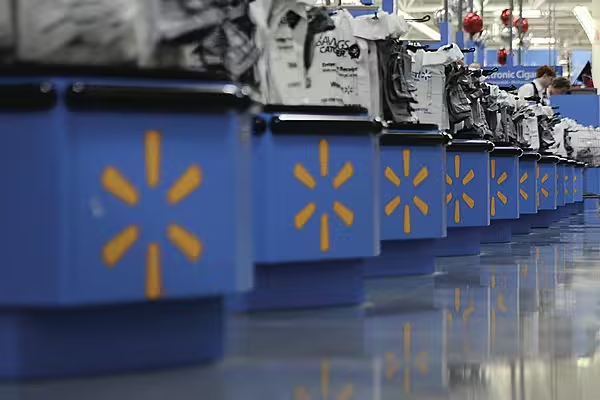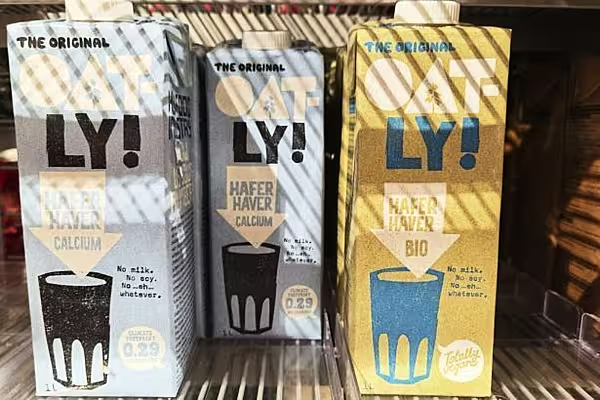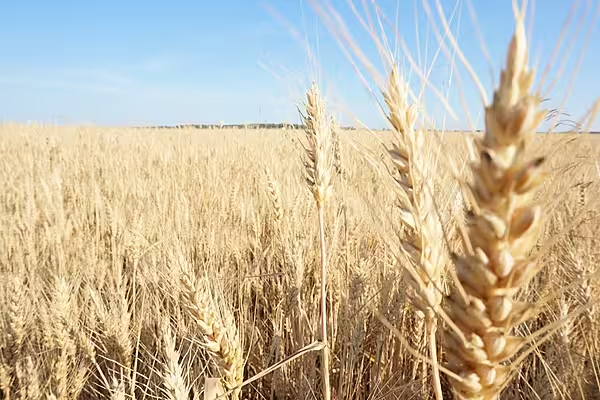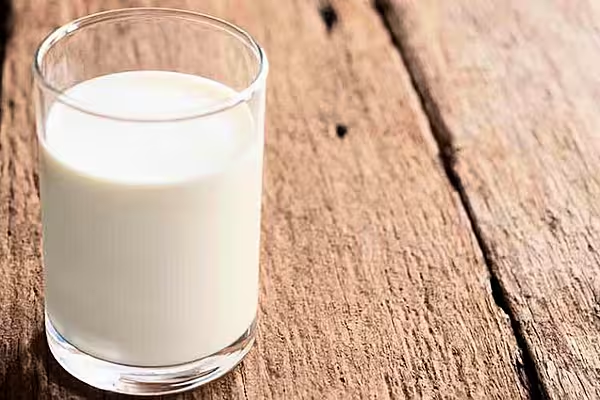Asian investors will probably buy more Uruguayan meatpackers, adding to a series of deals seen in recent years, as the country’s beef industry offers export-growth potential, according to one processor.
Eduardo Urgal, a director at meatpacker Ontilcor SA, said several Asian companies have expressed an interest in acquiring the company in the past six months, although those approaches didn’t lead to takeover talks. Urgal’s family owns a controlling stake in Ontilcor, which operates under the Frigorifico Pando brand.
"It’s highly likely that Asian capital, especially Chinese, gains ground in Uruguay’s meatpacking industry," he said in a May 10 interview at Ontilcor’s meatpacking plant in Pando.
Uruguay, home to about 3.5 million people and 12 million head of cattle, has carved out a niche as a global supplier of traceable grass-fed, hormone-free beef. Urgal said a benign outlook for U.S. interest rates and Uruguay’s potential to increase beef production are driving foreign interest in local meat companies.
The country’s reputation for high-quality meat is a strong selling point in China amid public concerns about the safety of local food, Urgal said. The importance of safety was highlighted in March when China temporarily banned beef exports from Brazil amid allegations that meatpackers in the South American country had bribed inspectors and sold tainted food.
Chinese Demand
Still, Asian investors are latecomers to Uruguay’s meat industry, which is dominated by Brazilian food giants JBS SA, Marfrig Global Foods SA and Minerva SA. Last month, Japan’s NH Foods Ltd. said it agreed to buy Breeders & Packers Uruguay SA for $135 million. China’s Heilongjiang Foresun Group has also acquired slaughterhouses in Uruguay and Argentina in the past two years.
Those deals have reduced the pool of large, independent meatpackers in Uruguay with access to export markets to about five companies, with potential price tags ranging from $25 million to more than $100 million, said Eduardo Blasina, director of agriculture and ranching consultancy Blasina & Asociados.
Beef was Uruguay’s top export by value last year at $1.48 billion, with China buying $498 million, according to data compiled by meat agency Inac. The U.S. Department of Agriculture expects the South American country to rank among the top 10 beef-exporting nations this year.
Urgal sees exports rising as much as 10 percent by volume and 7 percent by value this year. Uruguay’s cattle herd could reach 13 million by the end of 2020 if efforts to lift calving rates pay off and ranchers curtail live cattle exports, he said. That would allow meatpackers, currently suffering from 30 percent overcapacity, to lift slaughter to about 2.7 million animals a year from almost 2.3 million in 2016, he added.
Reaching those slaughter levels also depends on Uruguay striking more trade deals. Uruguayan beef has made inroads in China and South Korea as Australia, a major competitor that enjoys trade agreements with those countries, rebuilds its herds following years of drought, Urgal said.
"Trade agreements are a competitive factor, as important as the exchange rate and labor productivity," Urgal said. "If in two or three years Australia rebuilds its herds and its costs approach those of Uruguay, we are going to be in trouble."
News by Bloomberg, edited by ESM. Click subscribe to sign up to ESM: The European Supermarket Magazine.
